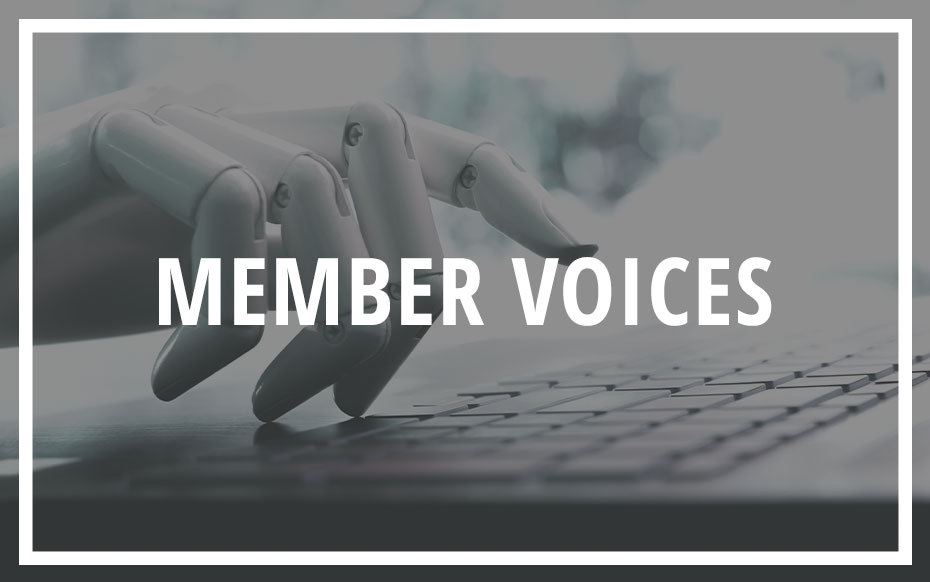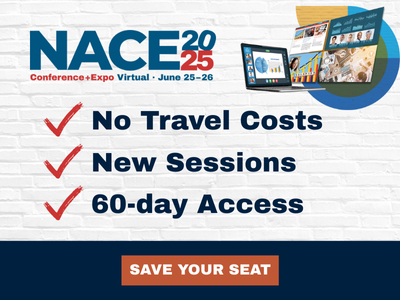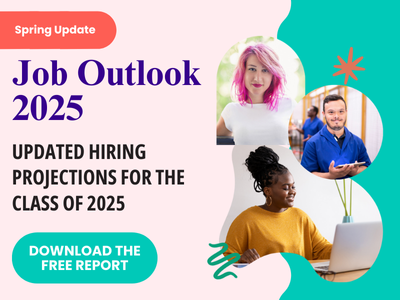Background
Starting in fall 2021, the number of international students enrolled in STEM majors in our university increased. Because of cultural differences, many of these students may not have known about American academic culture and support services, especially the usage of career services on campus.
When I started to take international students to my one-on-one consultation sessions, I noticed that there were common challenges to their use of support services, and because of their unfamiliarity with American academic culture and resources, they often had limited vision about career-related information and how to use career services effectively.
With this in mind, in every introductory meeting, I began asking students about their dream job or plans after graduation. Often, I’d get a long pause, followed by vague and uncertain answers. From there, my normal follow-up would begin with their on-campus internship applications before moving on to the topic of resumes and cover letters. Some students would show me old resumes and cover letters and ask for feedback. However, based on my experience, more often than not, those cover letters, which were shared with confidence and pride, were not created by the students but by an artificial intelligence (AI) program.
AI Technology and Impact on the Cover Letter Writing of International Students
Because of the challenges of using career services effectively, international students may turn to AI for their career-related questions and to generate a resume or cover letter in a matter of seconds, which seems like a quick solution to a comprehensive problem with self-editing skills, authentic content creation, and stress related to job application. However, as a career counselor, reviewing documents of students using AI-generated functions, I realized that the student’s voice was erased.
From both a recruiter’s and counselor’s perspectives, I would like to share examples.
I oversaw recruiting for our office’s student worker positions. When reviewing the cover letters and resumes, I found three candidates with nearly identical paragraphs in their cover letters; however, the location of the paragraphs were not the same. At first, I thought it could be plagiarism, but when I looked closer, I realized the identical passages were vague and unnecessary for the role. That was the first time I started to notice the written pattern with AI.
From a counselor’s perspective, I found that students did not realize the risk of using AI to generate cover letters or job-related materials. As an example, I had several students with backgrounds in computer sciences apply for on-campus catering positions. The AI tool created several paragraphs matching the catering duties, but it also randomly inserted coding skills into the cover letter, as well, based on the students’ resumes. Once I received the application, I asked the students whether they understood the responsibilities of the catering position, and all answered affirmatively with specific tasks and examples. I then followed up by asking whether they had ever hosted a large gathering or family dinner, and they shared with me experiences at various events. Finally, after this line of questioning, I asked them to reread their cover letter and write down some feedback. Only then did they realize the point I was trying to make.
Characteristics of AI-generated Cover Letter
If the duties and job descriptions match with a student’s major, the cover letter may make sense, but if the job description is different, the cover letter may not make sense to the audience. Here is an example of a paragraph generated by AI for a cover letter for a software engineer job:
I am writing to express my strong interest in the position of the software engineer position, as advertised. I am excited to contribute to your department’s mission. My education journey has equipped me with a deep understanding of software engineering, which are all essential components of your company. My professional experience also aligns closely with the responsibilities outlined in the job description. My skills would be directly applicable to support your company’s initiative. My tenure as a software developer intern further honed my skills, enabling me to assist in program design and assessment.
From this example, it is easy to detect the characteristics of an AI-generated cover letter:
- The paragraph is overly reliant on keywords from the job description;
- There is no transition between the responsibilities and previous experiences;
- It lacks any detail or evidence to support the claims made about experience;
- There are no clear connections between personal experience and skills and the targeted skills for the role;
- There are no introductory sentences or examples; and
- The entire paragraph contains only vague statements/claims.
Besides the content issues within the paragraph, students who use AI can also run into issues around formatting, as well. For example, if writing a command without quotation marks or inaccurate information in the resume or job descriptions, the generated results could be irrelevant. When using quotation marks to group job descriptions and resumes separately, the tool has a more accurate capture of the information and will often generate more relevant results, but if one writes comments revising a draft of a cover letter, the results can be more logical but still require human corrections due to repeated words and redundant sentences and paragraphs.
Once a career counselor detects signs of AI use on a student’s job-related materials, I would recommend engaging with the student in a one-on-one consultation session to discuss the situation. The goal of the meeting is not to blame for using AI but to help students recognize their long-term goals and how to get to their career goals, as well as providing an explanation of academic honesty in the United States and how the usage of AI may run afoul of rules and regulations related to that topic.
When helping students with cover letter issues, there may need some proofreading or comparison side-by-side with a better cover letter sample to engage the conversation so that the counselor can have a better understanding of a student’s intentions and concerns in composing the cover letter. For international students unfamiliar with career services or career consultation, this is a great chance to showcase the procedure of a structured conversation with students’ needs. As graduate-level students who may have a clear career path, career counselors can provide more targeted feedback based on the field and students’ previous work experiences. In this way, international graduate students will have a better experience in career consultation and understand how to better use the career service resources. As for socializing career services with international students, there may be joint efforts with academic and support partners in hosting training sessions and workshops for students to learn the benefits and risks of using AI and how to make the best use of these powerful resources for their career success.
Ultimately, AI tools can be a useful tool for students preparing for life after graduation. It can assist with job searches, search keywords for job descriptions, and provide ideas for composing a cover letter. Some AI extension tools can provide students with the highlighted keywords based on the job descriptions. These functions can provide students with ideas for composing their cover letters with their personal experiences, but as a career counselor, I would encourage international students to use and build their own unique stories.
Reference
Ng., W. H., Menzies, J.& Zutshi, A. (2019). Facilitators and inhibitors of international postgraduate students’ university-to-work transition. Australian Journal of Career Development. Retrieved from https://journals.sagepub.com/doi/10.1177/1038416219845392.







